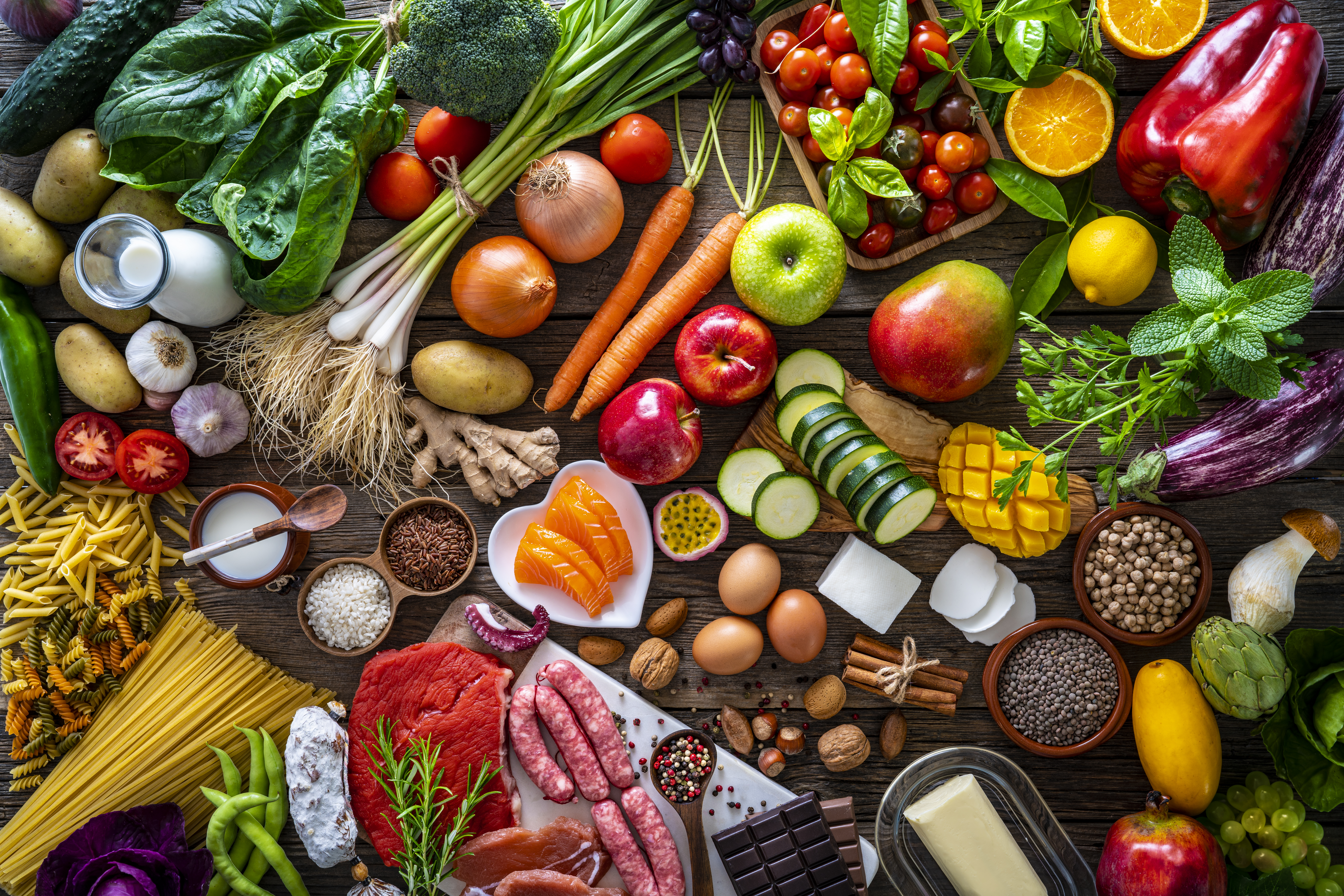
Veggies: Your Secret Weapon Against Back Pain
In honor of National Eat Your Vegetables Day today, let’s remind ourselves of the important role that vegetables play when it comes to dealing with back pain. As a spine surgeon, I see firsthand how patients’ (and my own) dietary choices significantly impact spine health and overall well-being. Let’s dig deeper into how incorporating more vegetables into your diet can help reduce back pain and support a healthy spine.
The Power of Vegetables for Spine Health
Maintaining a healthy spine involves more than just physical activity and good posture; it also includes what we eat. Vegetables are packed with essential nutrients that can combat inflammation, a major contributor to spine-related issues. Chronic inflammation can lead to swelling, nerve pressure, and degenerative changes like disc degeneration and arthritis, all of which can cause or exacerbate back pain.
Best Anti-Inflammatory Vegetables for Reducing Back Pain
Certain vegetables have powerful anti-inflammatory properties that can help reduce back pain. Here are some of my favorite vegetables that help promote spine health:
- Leafy Greens: Spinach, kale, and Swiss chard are high in antioxidants and vitamins that fight inflammation and promote overall health. Their high nutrient density makes them excellent choices for reducing inflammation and supporting a healthy spine.
- Cruciferous Vegetables: Broccoli, cauliflower, brussels sprouts, and cabbage contain compounds that reduce inflammation and protect against chronic diseases. These vegetables are also high in fiber, which aids digestion and helps maintain a healthy weight, further reducing spine strain.
- Bell Peppers: Rich in vitamins A and C, bell peppers help reduce inflammation and bolster your immune system.
- Tomatoes: Packed with lycopene, tomatoes have potent anti-inflammatory properties, especially when cooked. Lycopene is a powerful antioxidant that can help lower the risk of chronic diseases and reduce inflammation in the body.
- Root Vegetables: Carrots and sweet potatoes are high in beta-carotene, which helps reduce inflammation and provides essential nutrients for spine health.
- Alliums: Garlic and onions have anti-inflammatory and immune-boosting properties, which can help reduce chronic inflammation and pain. They contain sulfur compounds that are particularly effective in reducing inflammation and promoting overall health.
Practical Tips for Adding More Vegetables to Your Diet
It may seem daunting to begin incorporating more of these vegetables into your daily meals if you aren’t already, but the key here is to take small, manageable steps. Here are some easy ways to increase your vegetable intake without feeling overwhelmed:

- Start Your Day with Vegetables: Add spinach or kale to your morning smoothie or omelet. Starting your day with vegetables sets a positive tone and helps you reach your daily veggie goals.
- Snack on Veggies: Keep sliced vegetables like carrots, bell peppers, and cucumbers handy for easy snacking. Prepping these in advance ensures you have quick, healthy options readily available, instead of reaching for processed alternatives like chips.
- Add Veggies to Every Meal: Aim to fill half your plate with vegetables at lunch and dinner. Gradually increase the portion size of vegetables on your plate to get accustomed to a veggie-rich diet.
- Try Meatless Meals: Experiment with vegetarian recipes that use a variety of vegetables as the main ingredient. Trying new recipes can make eating vegetables more enjoyable and less monotonous.
- Incorporate Herbs and Spices: Enhance the flavor and anti-inflammatory benefits of your dishes with herbs like turmeric and ginger. These additions can make vegetable dishes more exciting and palatable.
Lifestyle Changes to Support Spine Health
Alongside a vegetable-rich diet, certain lifestyle changes can further enhance spine health:
- Regular Exercise: Engage in activities that strengthen your core and improve flexibility.
- Maintain a Healthy Weight: Excess weight can put unnecessary strain on your spine.
- Practice Good Posture: Be mindful of your posture, especially if you spend long hours sitting.
Eat Your Veggies for a Healthy Spine
Today is a perfect opportunity to start thinking about how your diet impacts your spine health. By incorporating more vegetables into your meals and embracing a holistic approach to wellness, you can significantly improve your spine health and reduce back pain caused by inflammation.
Stay tuned for my upcoming interview with Get Back to Your Life™ podcast to learn more about the intricate relationship between diet, inflammation, and spine health. I’m sharing more insight and practical tips to help you on your journey to a healthier spine and a pain-free life.
Topics covered
About the Author
Featured Resources
Insights to Achieve a Pain-Free Life



